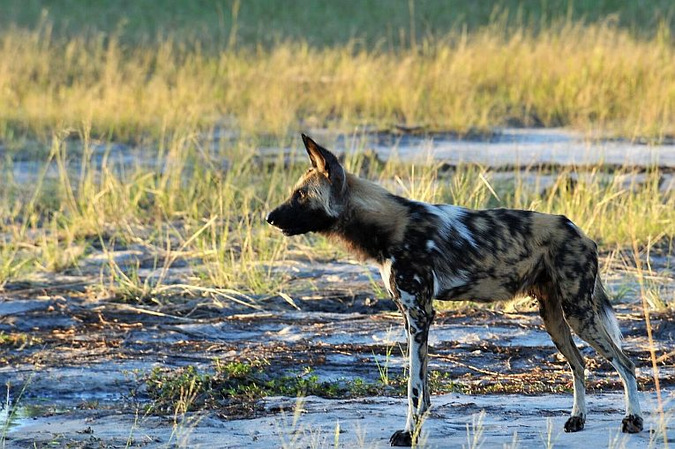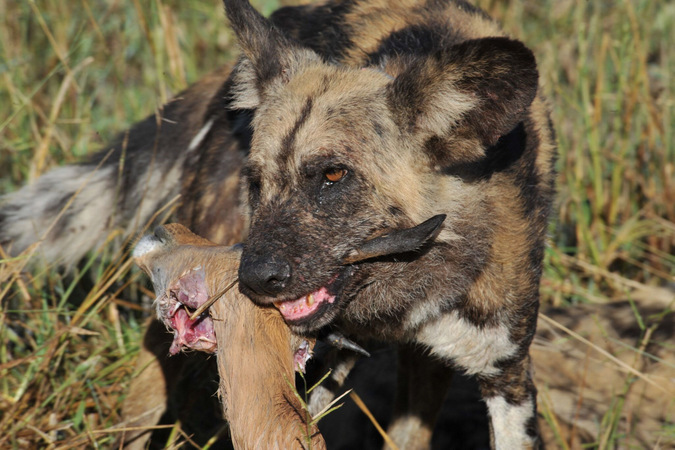
Research has revealed that the decision by a group of African wild dogs to get up from rest and hit the road to hunt as a collective pack is a democratic one, albeit with a twist. Votes are cast by way of sneezes.
Yes, those dogs that wish to participate in the vote do so by sneezing, and, just like in company meetings, once a certain number (quorum) of votes has been reached (sneezes made) the pack will obey the results of the vote and move on.
But that’s not all….
It appears that higher ranking members of the pack have to sneeze less often in order to achieve quorum.
So, for example, a high-ranking pack member may have to sneeze just three times to achieve the same result as a lower ranked member that may have to sneeze 10 times.
This is a form of democracy, modified to reflect rank. Persistent lower ranking dogs can achieve the desired results if they are persistent, and sneeze often enough. As such, the ‘will of the group’ may override dominant preferences when the consensus of subordinates is sufficiently great.
Wild dogs (Lycaon pictus) are among the most ruthless and efficient of hunters, achieving excellent success rates because of high levels of cooperation amongst pack members. They also have one of the most peaceful of pack dynamics, with a dominant (alpha) female and male governing reproduction and other pack members assisting to keep babies safe and fed.

The use of voting mechanisms is seen in several other species, including meerkats, capuchin monkeys, and honeybees. The exhalation of air to communicate is also seen in dingoes and coyotes, but it appears that wild dogs are the only dogs to use ‘sneeze voting’ in decision making.
The research was conducted in Botswana’s Okavango Delta by Reena H. Walker and her colleagues from the Botswana Predator Conservation Trust, and the Universities of Swansea, UK, New South Wales, Australia and Brown University, US.
The full report: The Royal Society, Reena H. Walker, Andrew J. King, J. Weldon McNutt, Neil R. Jordan: “Sneeze to leave: African wild dogs (Lycaon pictus) use variable quorum thresholds facilitated by sneezes in collective decisions”
To comment on this story: Login (or sign up) to our app here - it's a troll-free safe place 🙂.![]()






